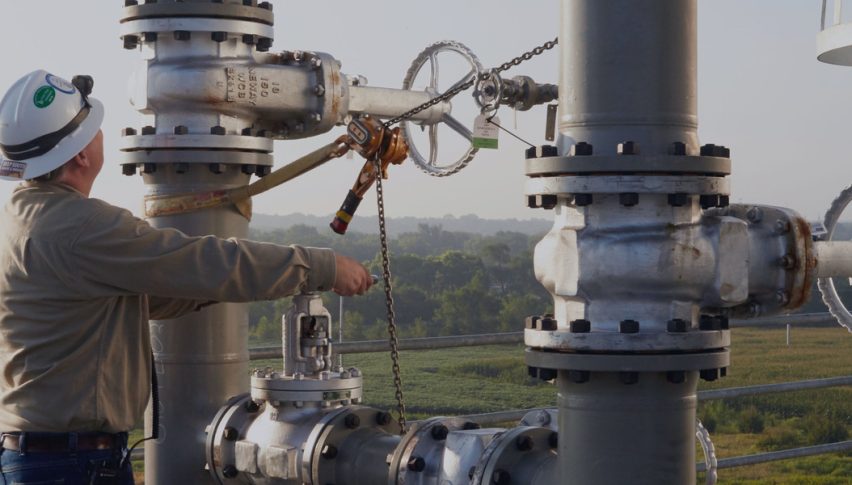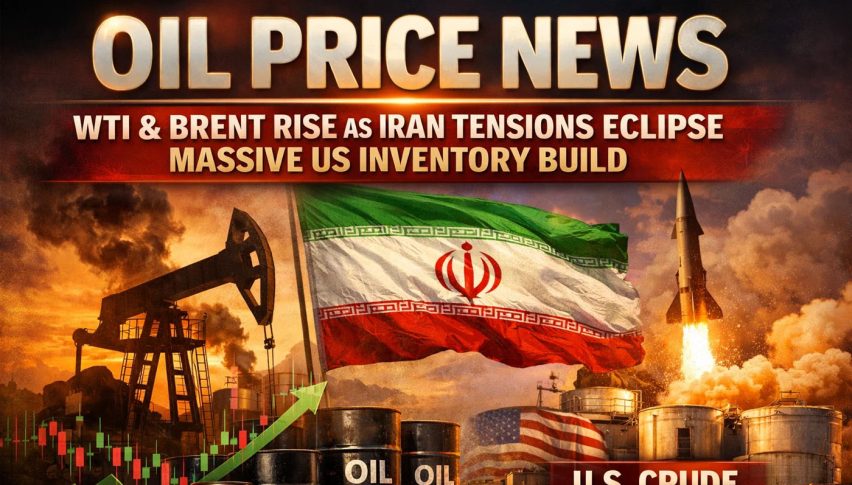Crude Oil Rises as Israel’s Strike in Qatar Revives Geopolitical Uncertainty
Crude Oil prices increased as traders evaluated the potential impact on crude flows from the Middle East,

Quick overview
- Crude oil prices rose as traders assessed the impact of an Israeli attack in Qatar on Middle Eastern oil flows.
- West Texas Intermediate increased by 0.6 percent to nearly $63 per barrel following the strike targeting Hamas leadership.
- The attack marks Israel's first strike in Doha since the ongoing conflict began, raising concerns about regional stability.
- Meanwhile, Ukraine continues its military campaign against Russian energy infrastructure, affecting refinery operations.
Crude Oil prices increased as traders evaluated the potential impact on crude flows from the Middle East, which supplies around one-third of the world’s supply, of an Israeli attack in Qatar that intensified the conflict in the region.

West Texas Intermediate rose 0.6 percent to near $63 per barrel following an Israeli Defense Forces strike in Doha against the senior leadership of Hamas, a group that the United States and Europe have designated a terrorist organization.
.Khalil al-Hayya was among the leaders the strike targeted, but Al Jazeera reports that he survived.
The strike marks the first time Israel has attacked Doha since the conflict that has rocked the world’s oil markets for almost two years began. US attempts to negotiate a peace agreement between Israel and Hamas could have sucked out any remaining Middle East risk premium due to the incident. The attack was a “wholly independent” operation, according to Israel, which also claimed full responsibility for it.
The trading session momentarily diverted attention from OPEC’s intentions to restart idled production sooner than anticipated, which has raised concerns about a glut that, by some measures, is already underway. Crude has spent the majority of the last month trading between $62 and $66 and has dropped roughly 13% so far this year.
Oil had already increased as stocks rose in response to growing expectations that the Federal Reserve would reduce borrowing costs.
Meanwhile, Ukraine is continuing its military campaign against Russia’s energy infrastructure, overnight attacking a portion of the Kuibyshev-Lysychansk oil pipeline. Russian industry is beginning to suffer as a result of Kyiv’s drone strikes; in September, the Kremlin reported that refinery run rates had decreased as a result of the attacks.
- Check out our free forex signals
- Follow the top economic events on FX Leaders economic calendar
- Trade better, discover more Forex Trading Strategies
- Open a FREE Trading Account
- Read our latest reviews on: Avatrade, Exness, HFM and XM


